
Winged ants often show up unexpectedly, leaving homeowners confused and concerned. The presence of these flying ants can signal a bigger issue, and understanding why they enter your home is crucial to dealing with the problem effectively.
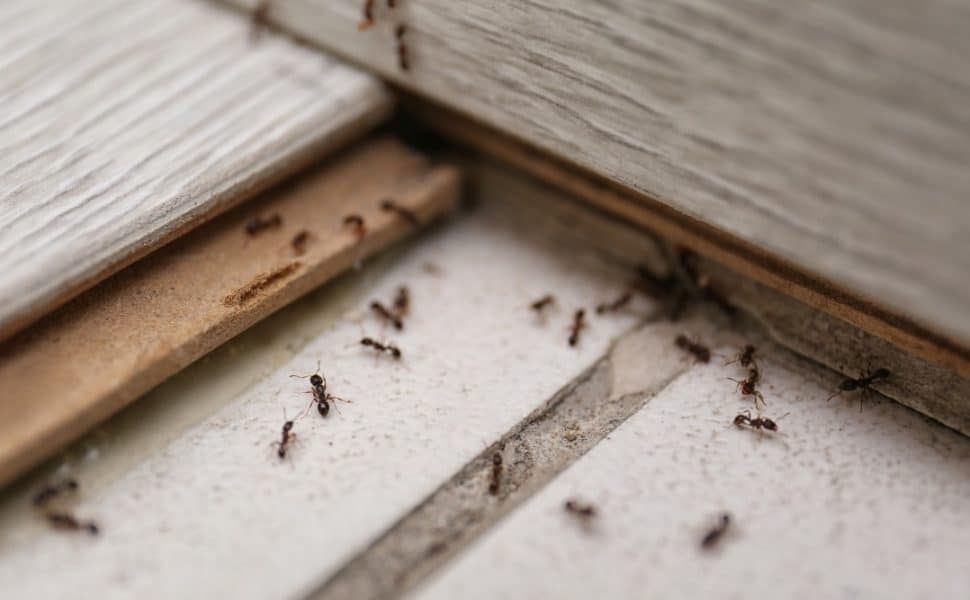
Winged Ants, also known as "alates," are reproductive members of an ant colony. During specific seasons, typically in warmer months, colonies produce male and female ants with wings, whose primary role is to mate and start new colonies. This phenomenon is called “swarming,” and it can often result in large numbers of ants flying inside homes.
Swarming for Reproduction Winged ants leave their nest to mate and establish new colonies. This swarming event usually occurs after heavy rains or in warmer weather. The ants are attracted to light, which is why they may swarm around windows or light fixtures inside your home.
Ideal Conditions Inside Your Home If your home provides the right conditions—such as warmth, moisture, and access to food sources—winged ants may be drawn inside. They look for new places to settle, and if they find a favorable environment, they could establish a colony within the walls or foundations of your house.
Openings and Cracks Winged ants can easily enter through small gaps, open windows, or cracks in doors and walls. Once they get inside, they’ll search for a suitable location to mate and start a new colony.
Searching for New Colonies After mating, female ants shed their wings and begin the process of establishing a new colony. If they find your home to be a good nesting ground, this could lead to a significant ant infestation.
See more: Residential Pest Control Services - Global Pest Control
Identify the Species First, ensure that you are dealing with ants and not termites. Winged ants have bent antennae, narrow waists, and front wings that are larger than the hind wings. Termites, by contrast, have straight antennae, equal-sized wings, and a thicker waist.
Seal Entry Points Inspect your home for cracks and gaps around windows, doors, and the foundation. Sealing these openings can prevent winged ants from entering. Weather stripping, caulking, and mesh screens are effective tools to keep ants out.
Reduce Moisture Since ants are drawn to moisture, fixing leaks and ensuring proper ventilation in areas like the kitchen, bathroom, and basement can reduce the likelihood of them finding your home attractive.
Keep Your Home Clean Cleanliness is key to preventing ant infestations. Make sure to keep floors, countertops, and cabinets free of crumbs and spills. Store food in airtight containers, and regularly take out the trash.
Use Ant Baits Ant baits can help eliminate entire colonies. Worker ants will carry the bait back to the colony, killing the queen and other ants over time.
Call a Professional If the infestation persists or if you suspect there is a colony inside your home, it’s best to contact a professional pest control service. They can accurately identify the species, locate the nest, and use advanced treatments to eradicate the problem.
See more: Pest Control and Extermination Services Price List
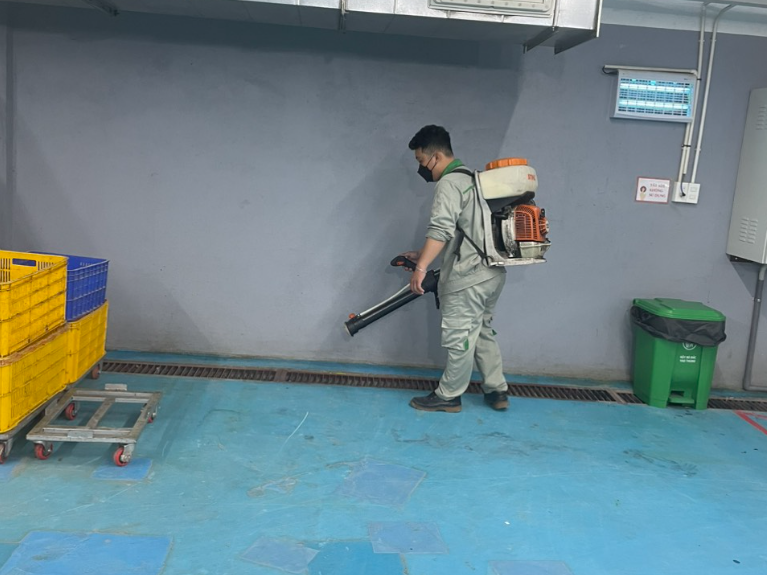
Winged ants flying into your home can be alarming, but they are often a natural part of the reproductive cycle of ant colonies. By understanding why these ants are entering your home and taking steps to eliminate them, you can protect your home from an infestation. If the issue persists, don't hesitate to contact a professional pest control service like Global Pest Control for expert assistance.
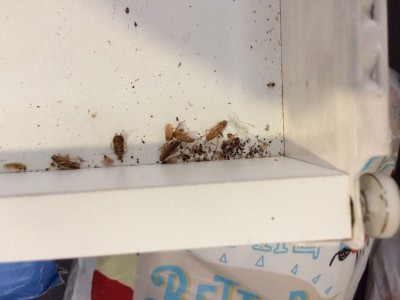 Safe and Effective Cockroach Extermination Services for Ho Chi Minh Apartments
Safe and Effective Cockroach Extermination Services for Ho Chi Minh Apartments
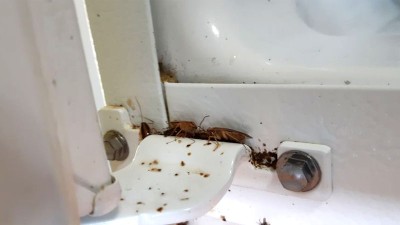 Keep Your Apartment Cockroach-Free: Best Pest Control Services in Ho Chi Minh
Keep Your Apartment Cockroach-Free: Best Pest Control Services in Ho Chi Minh
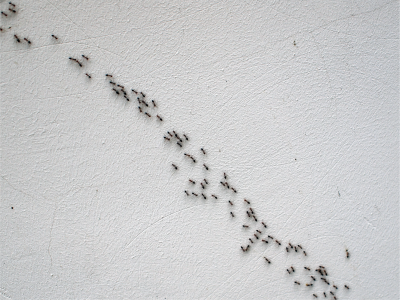 Comprehensive Ant Control Services for Apartments in Ho Chi Minh City
Comprehensive Ant Control Services for Apartments in Ho Chi Minh City
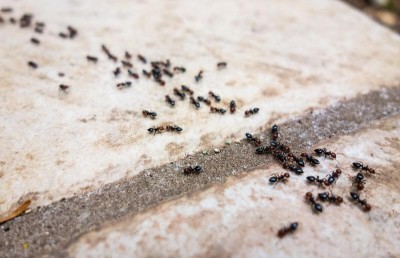 Winged Ants: Why Are They Flying Into Your Home?
Winged Ants: Why Are They Flying Into Your Home?
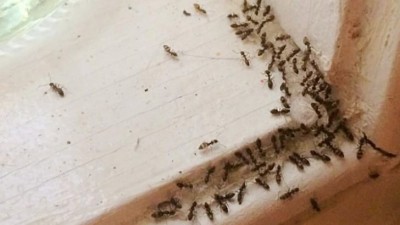 Why Ants Always Appear in the Kitchen and How to Deal with Them Effectively
Why Ants Always Appear in the Kitchen and How to Deal with Them Effectively
 Effective Pest Control for Residential Apartments and Apartment Complexes
Effective Pest Control for Residential Apartments and Apartment Complexes